
Recommendation
Full-time employment, once the quintessence of security and stability, is increasingly rare. Employers create fewer full-time positions and outsource existing work. For growing numbers of job seekers, working independently is a safer bet. Living without a corporate safety net may sound precarious, but with proper planning, you can manage a freelance career that’s at least as stable as a full-time job. And, it holds out the prospect of more control over your work and your life. In this breezy, entertaining how-to manual, Babson College professor Diane Mulcahy offers a blueprint for assembling and managing a diversified portfolio of work. She outlines appropriate approaches to saving, vacations, homeownership and retirement planning. getAbstract recommends her manual to anyone seeking an alternative to the cubicle, the assembly line or the corner office.
Summary
About the Author
Diane Mulcahy is adjunct lecturer at Babson College and a senior fellow at the Ewing Kauffman Foundation. She designed and teaches Babson’s MBA course “The Gig Economy.”










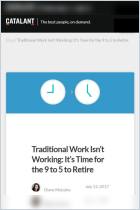
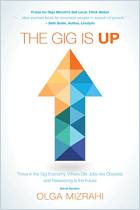
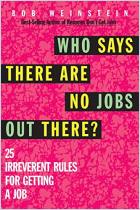
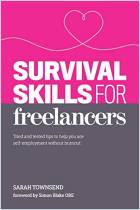
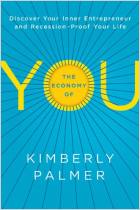
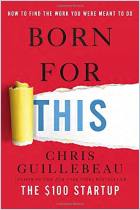
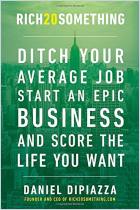

Comment on this summary or Diskussion beginnen